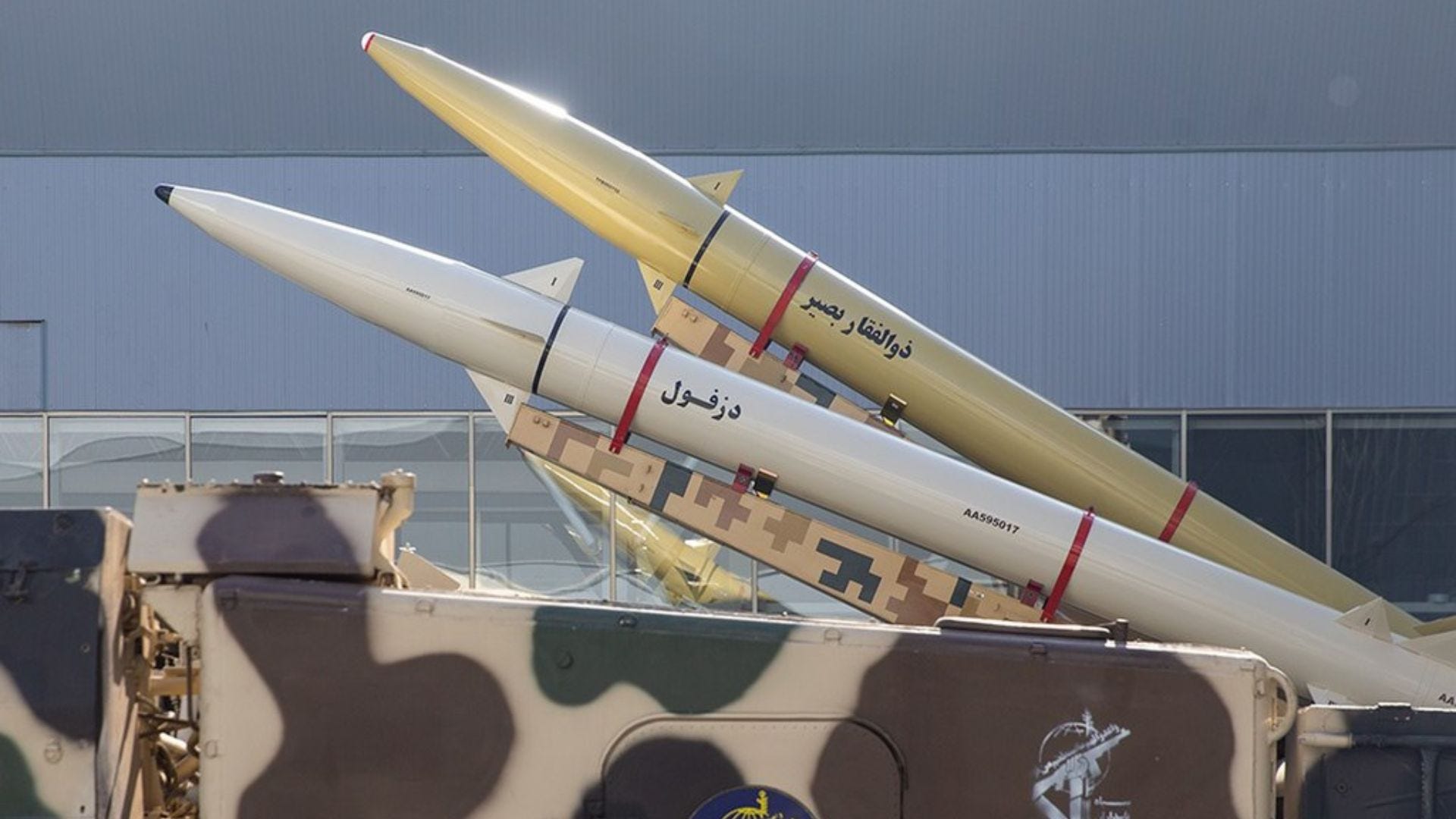
Iran’s Strategic Dilemma: Navigating Retaliation Against Israel Amid Regional Tensions
Balancing retaliation and diplomacy: Iran’s calculated response to Israel’s aggression
Iran’s recent restraint in the face of escalating tensions with Israel reflects a calculated approach to its strategic objectives in the Middle East. Following the assassination of Hamas leader Ismail Haniyeh in Tehran, Iran signaled a severe response but has delayed any immediate action. This measured stance contrasts with the broader expectations of an imminent retaliation that could potentially plunge the region into a wider conflict.

Iran’s handling of the current crisis highlights the delicate balance it must maintain between demonstrating strength and avoiding a catastrophic war. As Khamenei navigates these turbulent waters, the decisions made in Tehran will have profound implications not just for Iran but for the entire Middle East. The stakes are incredibly high, with each move carefully weighed against the potential for both immediate and long-term consequences.
Context of the Assassination
The assassination of Haniyeh, allegedly carried out by Israel, has provoked intense debate within Iran’s leadership. The killing represents not just a breach of sovereignty but also a direct challenge to Iran’s influence in the region, particularly its role as a protector of Palestinian interests. However, Iran’s Supreme Leader Ayatollah Ali Khamenei faces a complex dilemma: retaliate aggressively and risk an all-out war, or exercise restraint to maintain strategic leverage, particularly in ongoing ceasefire negotiations in Gaza.
Strategic Calculations
Iran’s cautious approach appears to be driven by multiple considerations. On the one hand, Tehran must demonstrate strength to deter future aggressions, especially given the perception that Israel’s actions are increasingly emboldened by its nuclear ambiguity and overt threats. On the other hand, Iran is acutely aware of the potential consequences of a full-scale confrontation, which could weaken its regional alliances and provoke a devastating conflict with Israel and its Western allies.
Khamenei’s calculus is further complicated by internal and external pressures. Domestically, there is significant debate over whether the fatwa prohibiting nuclear weapons should be reconsidered in light of Israel’s actions. Externally, Iran is balancing its response against the backdrop of U.S.-brokered ceasefire talks, where any aggressive move could derail negotiations and isolate Tehran diplomatically.
Diplomatic Maneuvers
Iran’s current strategy seems to be one of deliberate ambiguity and delayed action, aiming to maximize the element of surprise while avoiding an immediate escalation. This is evident in statements from Iranian officials, who emphasize that the response to Israel will be “meticulously orchestrated” to achieve maximum deterrence without triggering an uncontrollable conflict.
Moreover, Iran’s restraint could be a strategic move to gain leverage in potential future negotiations with the United States, especially concerning the nuclear issue. The possibility of altering its nuclear doctrine, while not necessarily moving towards weaponization, could be a bargaining chip in regional diplomacy, signaling to both Israel and the West that Tehran’s strategic patience has limits.
In this context, Iran’s response to Israel’s provocations remains a critical variable in the ongoing geopolitical chess game in the region, where the outcomes could reshape the Middle East’s strategic landscape for years to come.




